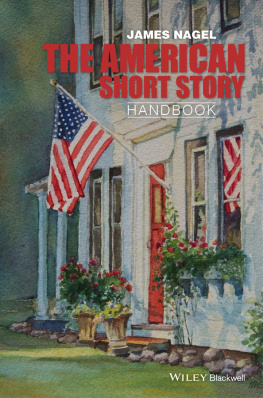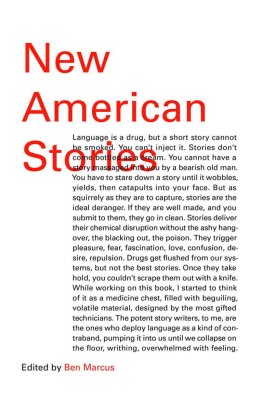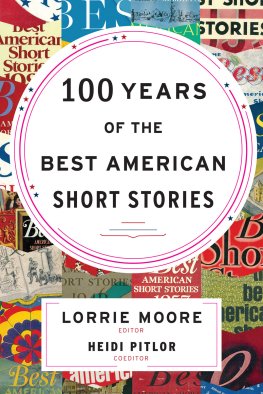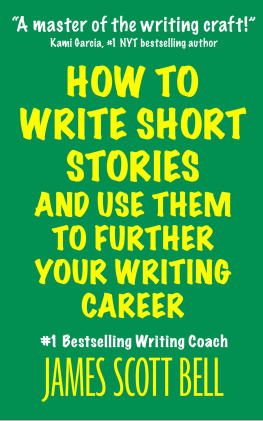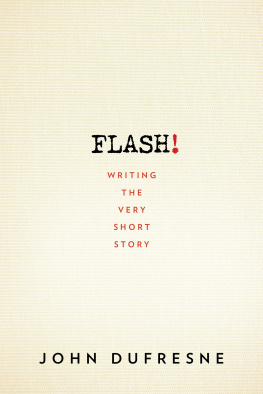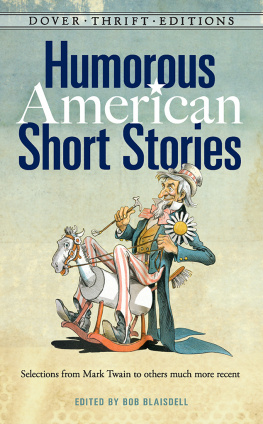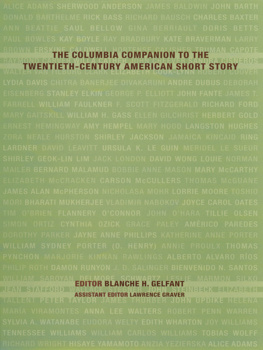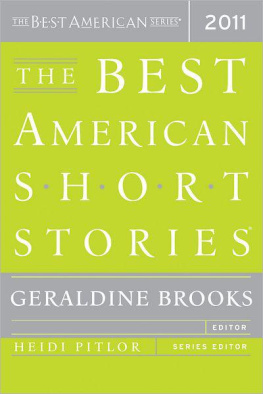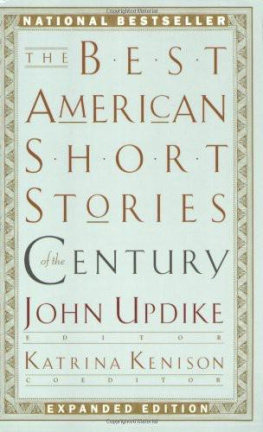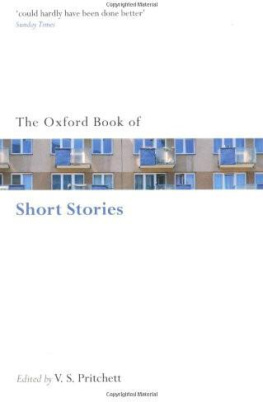
Wiley Blackwell Literature Handbooks
This new series offers the student thorough and lively introductions to literary periods, movements, and, in some instances, authors and genres, from Anglo-Saxon to the Postmodern. Each volume is written by a leading specialist to be invitingly accessible and informative. Chapters are devoted to the coverage of cultural context, the provision of brief but detailed biographical essays on the authors concerned, critical coverage of key works, and surveys of themes and topics, together with bibliographies of selected further reading. Students new to a period of study or to a genre will discover all they need to know to orientate and ground themselves in their studies, in volumes that are as stimulating to read as they are convenient to use.
Published
The Science Fiction Handbook
M. Keith Booker and Anne-Marie Thomas
The Seventeenth-Century Literature Handbook
Marshall Grossman
The Twentieth-Century American Fiction Handbook
Christopher MacGowan
The British and Irish Short Story Handbook
David Malcolm
The Crime Fiction Handbook
Peter Messent
The Literary Theory Handbook, second edition
Gregory Castle
The Anglo-Saxon Literature Handbook
Mark C. Amodio
The American Short Story Handbook
James Nagel
This edition first published 2015
2015 James Nagel
Registered Office
John Wiley & Sons Ltd, The Atrium, Southern Gate, Chichester, West Sussex, PO19 8SQ, UK
Editorial Offices
350 Main Street, Malden, MA 02148-5020, USA
9600 Garsington Road, Oxford, OX4 2DQ, UK
The Atrium, Southern Gate, Chichester, West Sussex, PO19 8SQ, UK
For details of our global editorial offices, for customer services, and for information about how to apply for permission to reuse the copyright material in this book please see our website at www.wiley.com/wiley-blackwell.
The right of James Nagel to be identified as the author of this work has been asserted in accordance with the UK Copyright, Designs and Patents Act 1988.
All rights reserved. No part of this publication may be reproduced, stored in a retrieval system, or transmitted, in any form or by any means, electronic, mechanical, photocopying, recording or otherwise, except as permitted by the UK Copyright, Designs and Patents Act 1988, without the prior permission of the publisher.
Wiley also publishes its books in a variety of electronic formats. Some content that appears in print may not be available in electronic books.
Designations used by companies to distinguish their products are often claimed as trademarks. All brand names and product names used in this book are trade names, service marks, trademarks or registered trademarks of their respective owners. The publisher is not associated with any product or vendor mentioned in this book.
Limit of Liability/Disclaimer of Warranty: While the publisher and author have used their best efforts in preparing this book, they make no representations or warranties with respect to the accuracy or completeness of the contents of this book and specifically disclaim any implied warranties of merchantability or fitness for a particular purpose. It is sold on the understanding that the publisher is not engaged in rendering professional services and neither the publisher nor the author shall be liable for damages arising herefrom. If professional advice or other expert assistance is required, the services of a competent professional should be sought.
Library of Congress Cataloging-in-Publication Data
Nagel, James, author.
American short story handbook / James Nagel.First edition.
pages cm.(Wiley Blackwell literature handbooks)
Includes bibliographical references and index.
ISBN 978-0-470-65541-2 (hardback)ISBN 978-0-470-65542-9 (paper) 1. Short stories, AmericanHistory and criticismHandbooks, manuals, etc. I. Title.
PS374.S5N336 2015
813'.0109dc23
2014032718
A catalogue record for this book is available from the British Library.
Cover image: Gwen Nagel, Freedom, New Hampshire, watercolor.
Part opening image: duncan1890 / iStockphoto
Preface
In her capacity as an editor at Blackwell, Emma Bennett suggested to me that I do this volume in the Handbook series the company was developing, and I am grateful for her encouragement and support. The entire production staff at Blackwell assisted me with tasks large and small and did so with grace, courtesy, and professionalism, and it was a pleasure to work with them.
My work on the short story has been assisted beyond measure by my position as the J. O. Eidson Distinguished Professor of American Literature at the University of Georgia, an appointment I enjoyed for more than two decades until my retirement in 2013. Serving as the inaugural scholar in that professorship has been the greatest honor of my life, and I am deeply humbled by the generosity of the Eidson family and the University of Georgia.
My doctoral students at the University of Georgia, many of whom have gone on to fine positions, contributed in many ways to my work on American fiction, none more so than Katherine Barrow, who, as a graduate student, served for many years as my research assistant. Her skills as a determined scholar, able to explore the dark and remote regions of the university library, will serve her well throughout her career in the field. Among my colleagues in the department, Hugh Ruppersburg and Hubert McAlexander offered wise counsel over the many years we worked together, and they have my deepest respect and gratitude. Steven Florczyk, Nicole Camastra, Robert Clark, Jon Dawson, and Katherine Barrow all completed their Ph.D. programs with me during the research for this volume, and I have learned a great deal about American literature, and life, from them. At Dartmouth College, where I now enjoy the position of Visiting Scholar, Donald Pease has offered friendship, guidance, and a tour of the campus. William C. Scott was especially gracious in providing encouragement and introductions to people on the research staff of Dartmouth Library, and I am forever appreciative of his generous humanity.
Among my fellow scholars in the American Literature Association, and especially in the Society for the Study of the American Short Story, an organization I serve as president, I have my greatest debt for encouragement, informed advice, and warm fellowship over more than three decades, particularly from Alfred Bendixen, Oliver Scheiding, Jeanne Reesman, Gloria Cronin, Donald Pizer, Jerome Loving, and Gary Scharnhorst. My most profound gratitude goes, as always, to my wife, Gwen, who is a constant source of humane good counsel and meticulous proofreading, and the example of her dedication to her art is a source of inspiration every day, as it has been for the last five decades.
Part 1
Introduction
I am delighted that this book has appeared in the series of volumes published by Wiley- Blackwell covering the entire sweep of American letters, from the earliest colonial period to the most recent contemporary literature. My book can claim a special significance because although scores of studies of the novel of the United States have appeared over the past century, many of them distinguished works of serious scholarship, relatively few full-length histories have been written about the short story since Fred Lewis Pattee published The Development of the American Short Story: An Historical Survey
Next page
